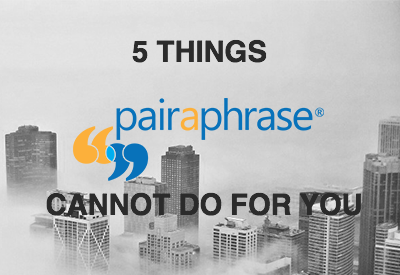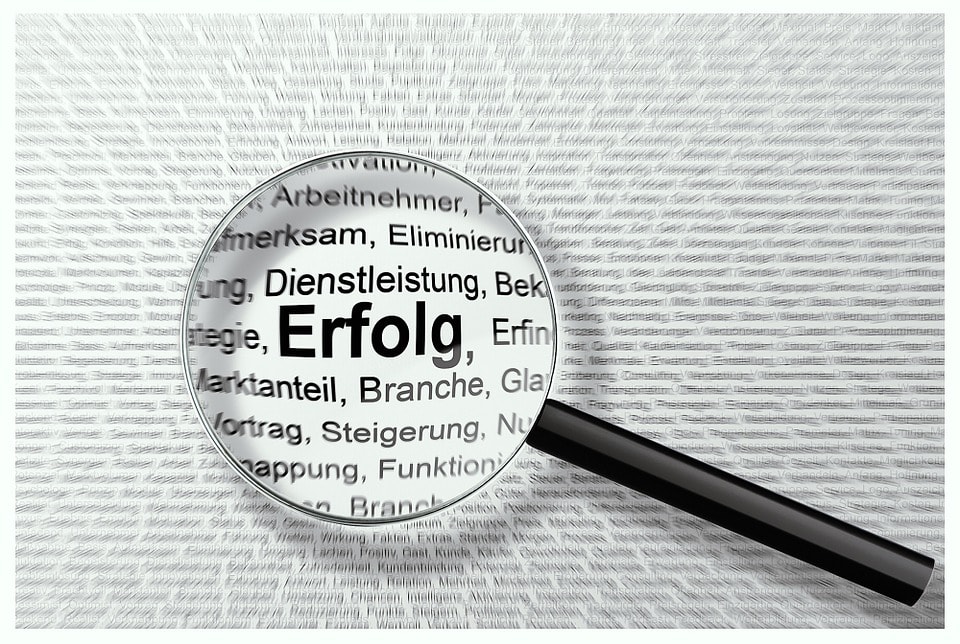17 Translation Solution Security Features to Look For
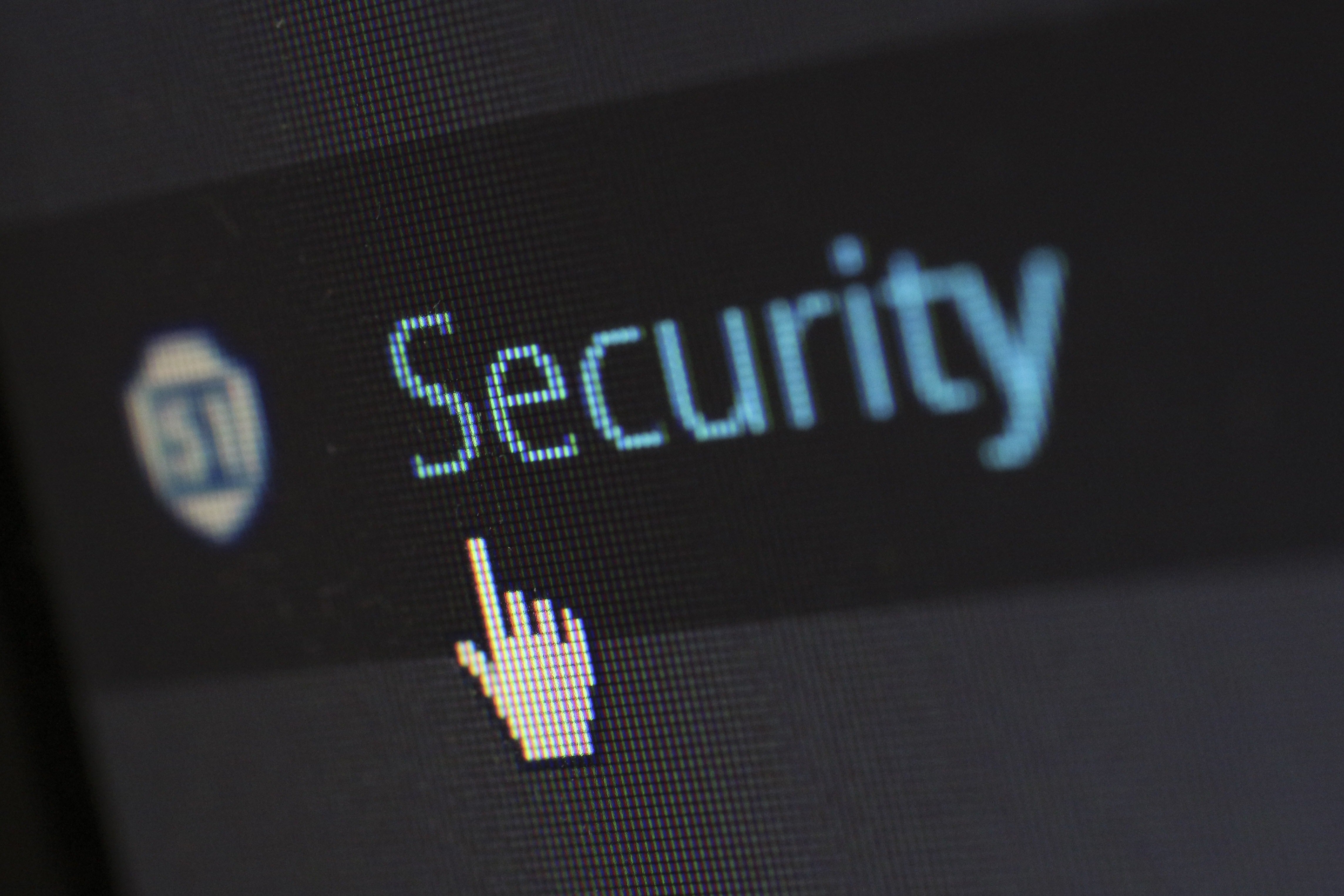
Looking for a secure translation solution? Producing high-quality multilingual content using web-based software is no joke, especially when you need to protect your company’s data.
So before you begin shopping, it’s important for you to consider that many web-based translation solutions don’t adequately protect user data. Very few translation applications will offer you both secure translations and the powerful features that will ultimately enable you to reduce the time and costs associated with accurate translations.
This is why we put together this guide that identifies 17 translation solution security features to look for. It will help you to make sure you’re actually opting for software that has the features that safeguard your confidential information in the age of rampant cyber theft and data breaches.
At the end of this post, we’ll recommend a popular secure translation platform trusted by companies that can’t compromise the security of their business data.
A Secure Translation Solution Should Include These Protections
1. SHA-2 and 4096-Bit Encryption
SHA-2 is the highest standard cryptographic hashing standard in use today. SHA is the hashing algorithm picked by the SSL industry to safeguard digital signatures. 4096-Bit Encryption is the longest key size available today and provides greater security over previous key sizes.
2. 256-Bit SSL Certification
A secure web-based translation solution will run all translations over the most secure connection. Make sure the software you choose uses HTTPS protocol. 256-bit certification is the safest SSL available today.
3. Encrypted File Storage
Any cloud-based translation application you upload your files to should include encrypted file storage. Files should be automatically encrypted and hosted outside of the platform by a trusted third-party hosting company, such as Amazon or Microsoft Azure.
4. PCI-Compliant Payment Processing
The Payment Card Industry Data Security Standard (PCI DSS) is intended to protect customer payment data.
In order for a translation solution to be PCI-compliant, their customer payment data must be accepted, transmitted and stored in a secure environment. For many translation solutions, this is easiest to achieve by using a third-party PCI-compliant host. Such hosts include Stripe, for example.
Make sure your translation solution is PCI-compliant, because you certainly don’t want your payment information in anyone else’s hands.
5. Compliant Translation Data Centers
Translation solutions are commonly connected to external data centers operated by a third-parties. It’s important that you make sure these are compliant with ISO27001 (an information security standard) and Safe Harbor principles, which includes privacy framework that functions both in European and U.S. privacy contexts.
6. Multifactor Authentication
A security staple for professional web apps, multifactor authentication provides an extra layer of protection for your account. So even if someone has your password, they cannot login without having access to your inbox or smartphone. This verification process is a must in today’s cybersecurity landscape.
7. TLS 1.2 (Transport Layer Security)
Transport Layer Security is a cryptographic protocol designed to provide communications security over a computer network. It is used to authenticate one or both systems. It also protects the confidentiality and integrity of information that passes between systems.
8. “Last Login” Info
It is helpful for you to have access to the last date and time your account was accessed in your translation solution UI. Why? If an unauthorized individual logs into your account, the date and time will help you pinpoint when exactly the unauthorized access took place.
9. Automatic Logoff
Automatic session logoff if idle for more than 30 minutes. This is a helpful security feature that will help prevent unwanted users of your device from accessing your account. The logic here is that if you’re not actively using the translation solution for 30 minutes, it’s safer to log you out.
10. Automatic Password Expiration
Another feature that will ensure you have a secure translation solution is the expiration of inactive users’ passwords after one year. This way, you’re automatically prompted to reset your password every 365 days. This will increase the chances that if your password has been compromised elsewhere, it is less likely to be used to access your translation account.
11. Auto-Lock After Too Many Failed Password Attempts
If your password is attempted unsuccessfully too many times in one session (let’s say four), this can signal a malicious user. Therefore, your translation solution should automatically lock your account for a specified period of time to ensure that your computer has not been stolen or compromised.
12. Authentication Requested When Switching Devices
When switching devices while logged into your account, a secure translation solution should request authentication again. After all, if your other device gets stolen, you don’t want a thief logging into your account from your stolen device.
13. Single Sign-On
Sign-On provides a central authentication point and gives your organization greater control of its security.
When you’re looking for a translation solution that fits your enterprise’s needs, make sure to choose software that allows you to enable Single Sign-On. Especially if that is something your company already uses with its other apps.
14. Compliance with Specific Mandates
If your industry requires compliance with specific mandates, you want to choose a secure translation system that also helps you achieve compliance.
Some common examples are GDPR compliance (EU General Data Protection Regulation) and HIPAA compliance (Health Insurance Portability and Accountability Act).
15. “No Return” to Machine Translation Providers
Many translation solutions are based off of machine translation framework, such as Google or Microsoft. Regardless of the translation app you choose, it should never make your data accessible to these providers. The same goes for third-party file storage.
16. Confidentiality
One of the most vital translation security features you should look for in a translation solution is confidentiality. This means that your personal and translation data isn’t being shared, sold or indexed under any circumstance. You should be able to find this in the Terms of Use for any translation website you use.
17. Third-Party Security Audit & Assessment Records
If your company needs to request extensive security information prior to adopting any software application, you should consider looking for a translation solution that has proof of a third-party security audit and assessment. You’ll likely need to contact the company for this.
Recommended Secure Translation Solution
Trusted by hundreds of companies who rely on tight security to keep their data safe and confidential, Pairaphrase is a popular translation solution for enterprises.
Pairaphrase is a premium web-based translation management system specifically made for businesses who are focused on both productivity and security. It is known to save more than 50% of the time it normally takes to produce high-quality translations.
With Pairaphrase, you can rest assured that your data is safe. What’s more, it includes the 17 security features listed above.
Schedule a live demo or request a free trial.
Know of someone who could benefit from these security features? Share this article or the video below.
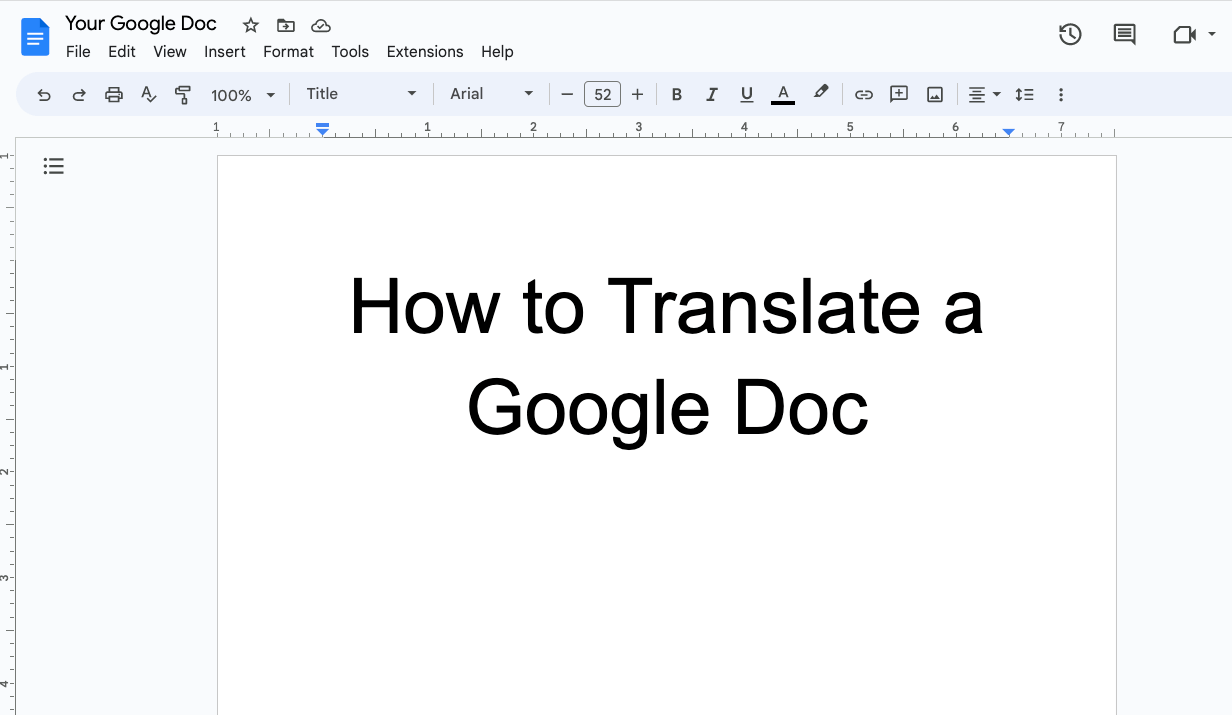
How to Translate a Google Doc Most Efficiently [2025]
Want to translate Google Doc text? Learn why you should use Pairaphrase as your Google Docs translator.
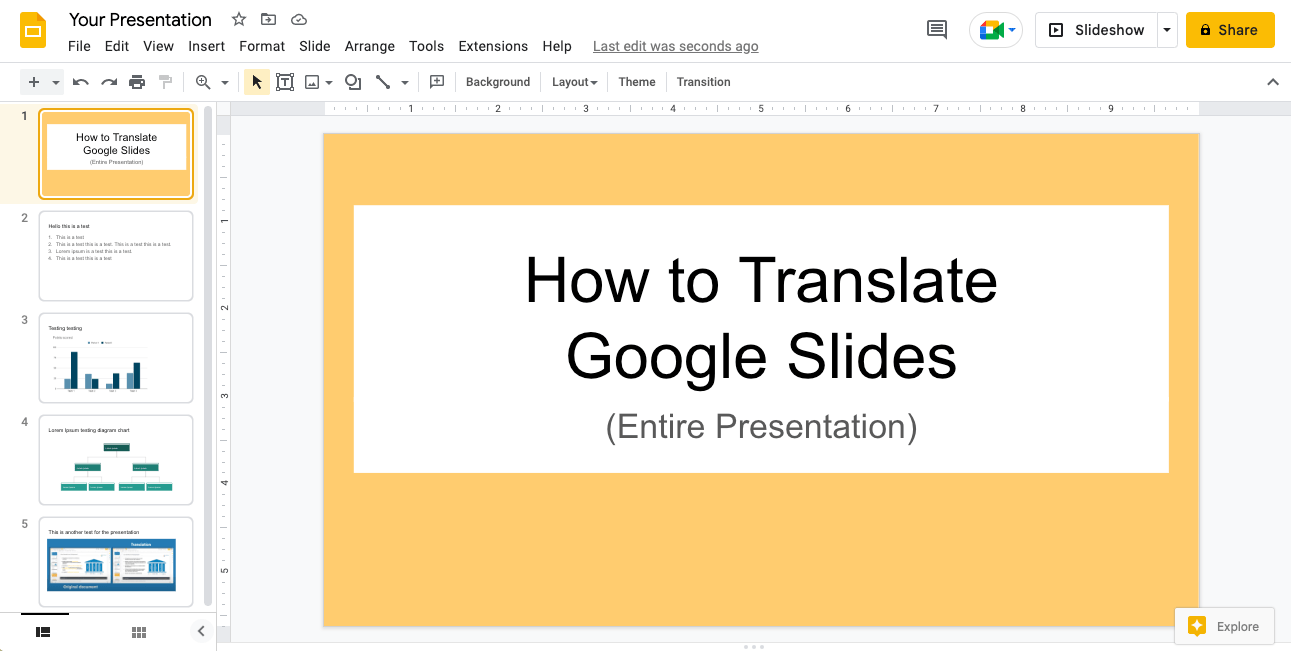
How to Translate an Entire Google Slides Presentation [2025]
Want to translate Google Slides presentation text, notes & charts? Learn why you should use Pairaphrase as your Google Slides translator.
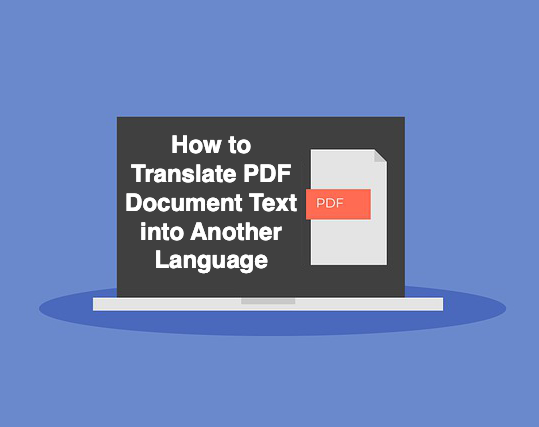
PDF Translation Problems & Solutions: Troubleshooting Guide [2024]
Learn common issues involved with translating PDF documents and discover why Pairaphrase is the best PDF document translator.

Most Accurate Translator Tool: What to Look for [2024]
While a 100% accurate translator does not yet exist, this post will tell you how to get the most accurate translator tailored to your company’s words and phrases.
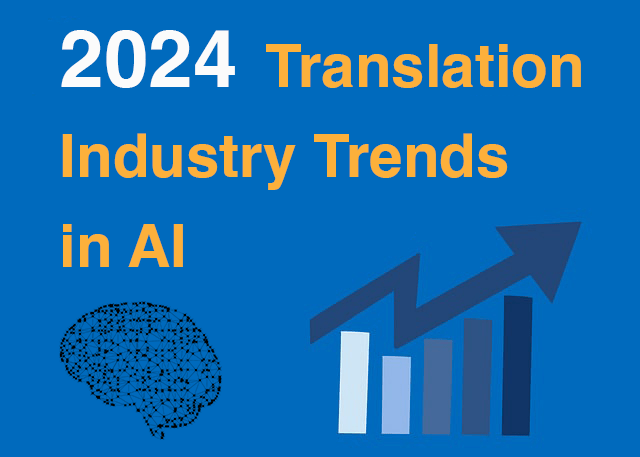
11 AI Translation Industry Trends in 2024
Explore 2024 translation industry trends! Learn about 10 AI translation industry trends 2024 will bring, according to our predictions.
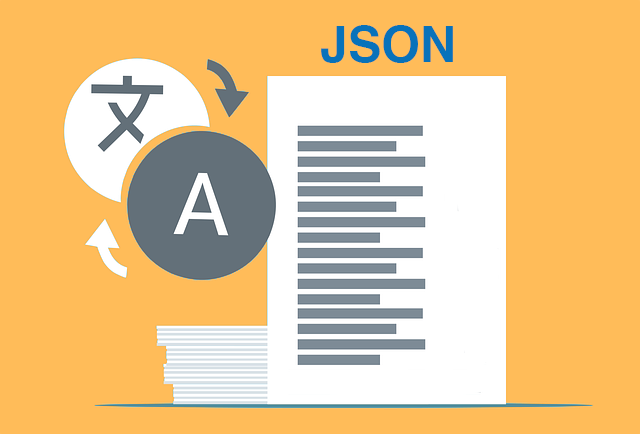
How to Translate JSON Files Online Effectively [2024]
Want to translate JSON files? Learn why Pairaphrase is the best way to auto-translate JSON files online.
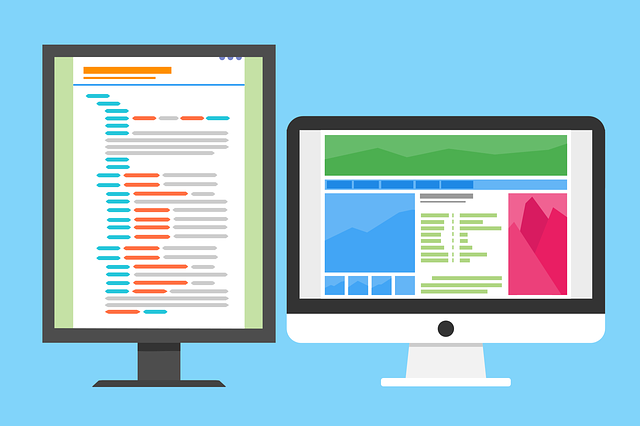
How to Translate HTML Files to Another Language [2024]
Want to translate HTML files to another language? Learn why Pairaphrase is the best way to translate HTML files.
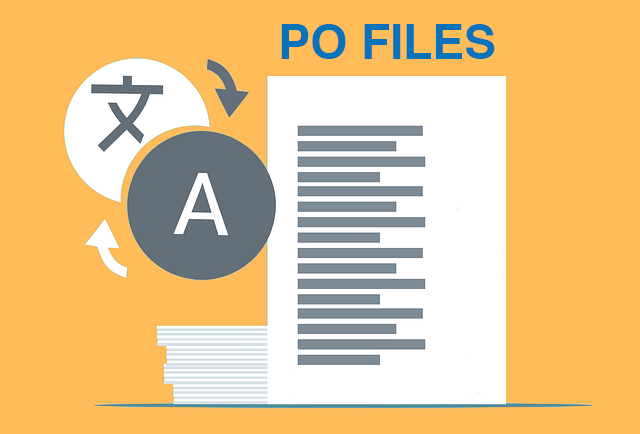
How to Translate PO Files Online [2024]
Need to translate PO files online? Learn why Pairaphrase is the best way to translate PO files.

OpenAI Language Translation: Pros & Cons for Enterprises
Exploring OpenAI language translation capabilities? In this article, discover the pros & cons of OpenAI translation for enterprise use.

File Translation 101: Your Guide to the Basics
Learn all about file translation in this 2023 guide to gain an understanding of the different kinds of file translation services & formats.

Best Way to Translate Elucidat Course Content
Learn how Pairaphrase makes Elucidat course translation reusable, secure, fast and easy.

5 Tips for eLearning Localization in 2024
Need to localize eLearning content? Familiarize yourself with these 5 eLearning localization tips for effective multilingual training.

How to Translate a Text File Online [2024]
Want to translate a text file? Learn why Pairaphrase is the best way to translate a text file for your organization.

Best DocTranslator Alternative (2024)
Want a secure enterprise alternative to DocTranslator? Learn why Pairaphrase is the best DocTranslator alternative for enterprises here »
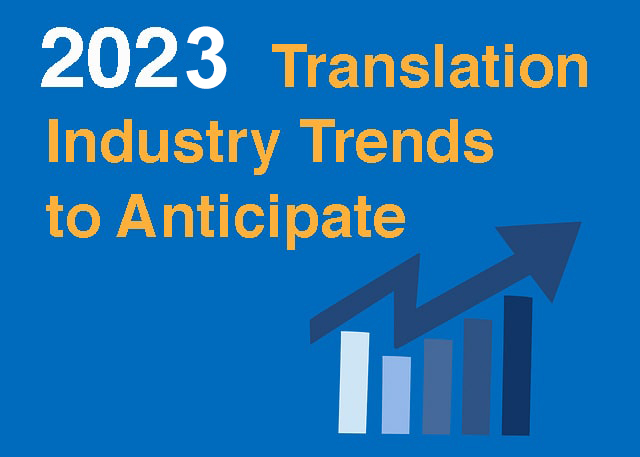
Top 8 Translation Industry Trends (2023 Outlook)
Explore 2023 translation industry trends! Learn about 8 translation industry trends 2023 will bring, according to our predictions »

Best English to Polish Document Translation Software [2024]
Looking for English to Polish translation software, but not sure what features you need? Access this buying guide.
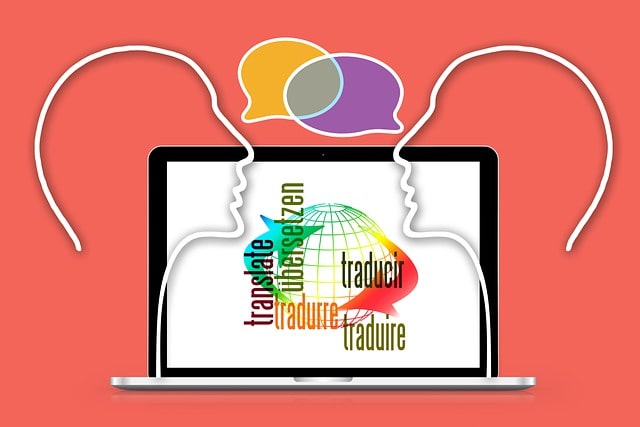
Translation Services 101: Your Guide to the Basics
Need translation services? First, learn the basics! This way, you can make an informed decision. Explore this guide to translation services.

Best Redokun Alternative for Enterprises (2024)
Want a secure enterprise alternative to Redokun? Learn why Pairaphrase is the best Redokun alternative for enterprises here »
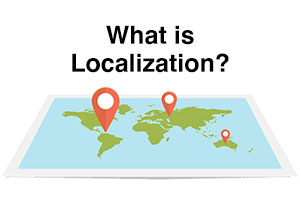
Localization 101: Your Guide to the Basics
Curious about localization? Learn about localization vs translation, what it is, how it works, benefits & more in this guide to the basics!

Best Memsource Alternative for Enterprises (2024)
Want a secure enterprise alternative to Memsource? Learn why Pairaphrase is the best Memsource alternative for enterprises here »
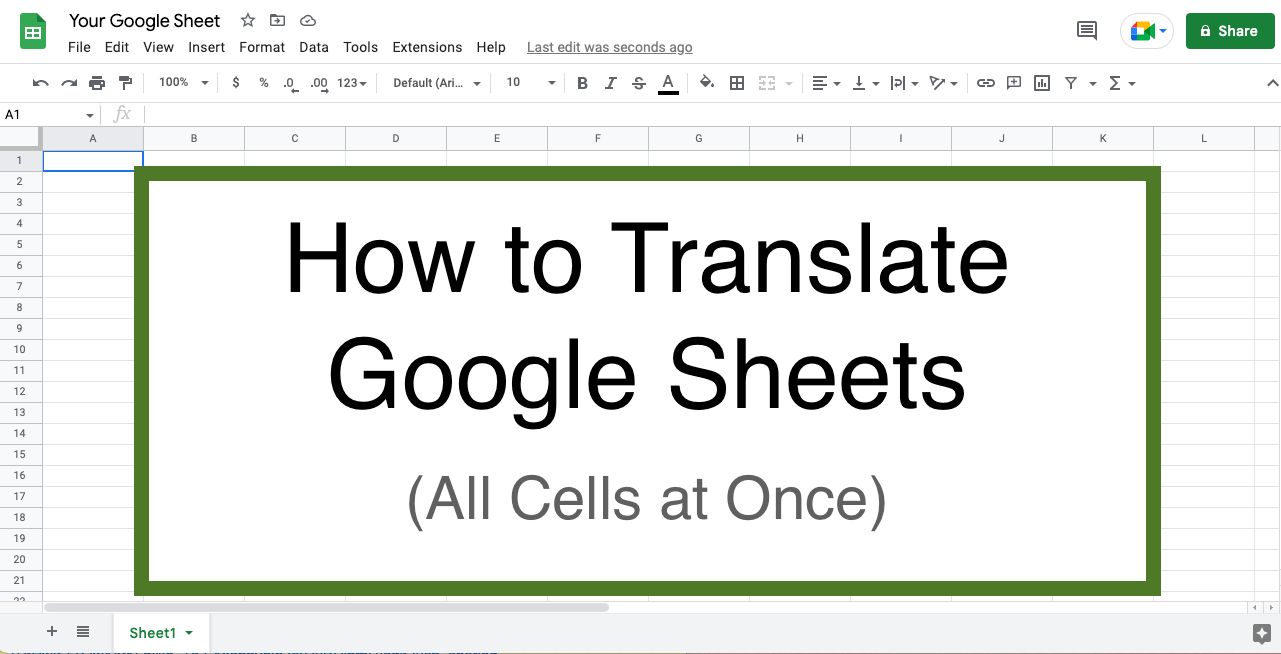
How to Translate Entire Google Sheets (All Cells) [2025]
Want to translate entire Google Sheets? Learn why you should use Pairaphrase as your Google Sheets translator.
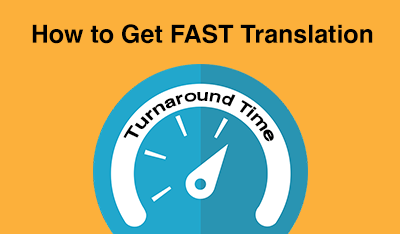
Fast Turnaround Translation: How to Get it
While fast translation turnaround and linguistic quality is a delicate balance, this post will tell you how to best use Pairaphrase to get fast translations.
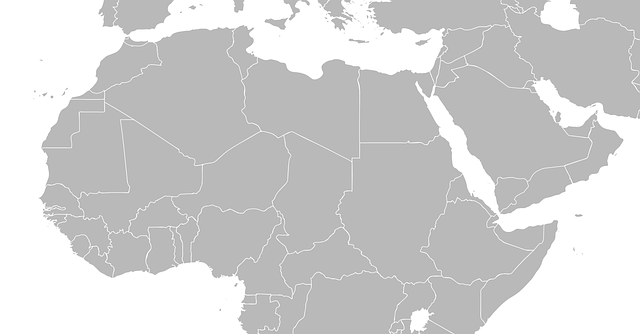
Best English to Arabic Document Translation Software (2024)
Looking for English to Arabic translation software, but not sure what features you need? Access this buying guide.
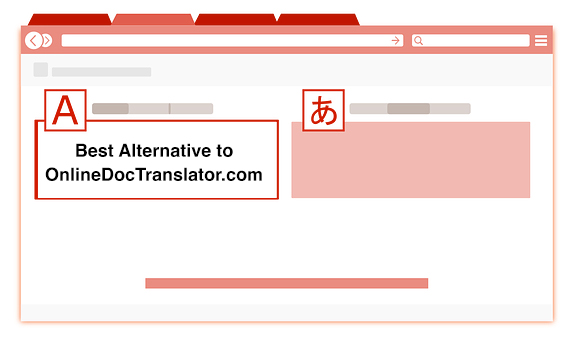
Best OnlineDocTranslator.com Alternative (2024)
Considering an alternative to OnlineDocTranslator.com? Explore why Pairaphrase is the best OnlineDocTranslator.com alternative for enterprises.
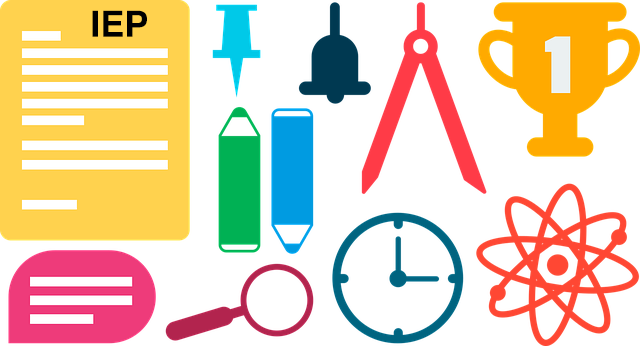
How to Translate an IEP Document [2024]
Need to translate an IEP document? Learn how to translate IEP documents in the most efficient and secure way possible.
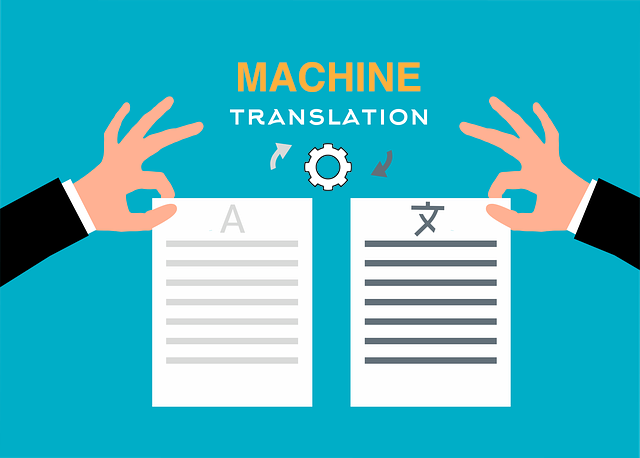
Machine Translation (MT): Your Guide to the Basics [2024]
Curious about Machine Translation (MT)? Learn about machine translation, how it works, benefits of machine translation & more.
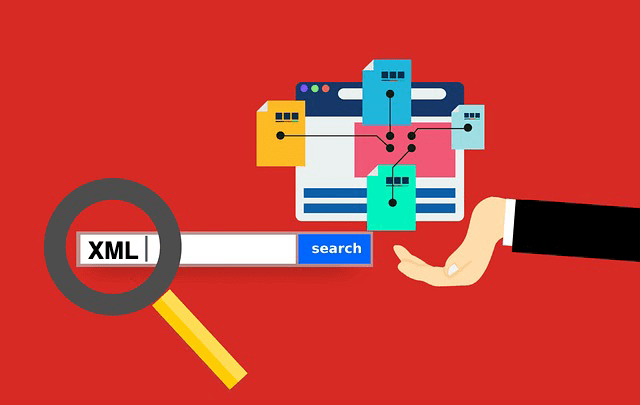
How to Translate XML Files Online (2024)
Need to translate XML files online? Learn about the best features to use when translating XML files.

Best English to Italian Document Translation Software (2024)
Want the best English to Italian document translation software for business? Read about the 10 best English-Italian translator app features.

Terminology Management in Translation: Essential Guide [2024]
Learn all about terminology management in this comprehensive guide.

Smartling Alternative for Enterprises in 2024
Want a Smartling alternative? Explore 10 possible reasons you need one, and why Pairaphrase might be your best alternative.
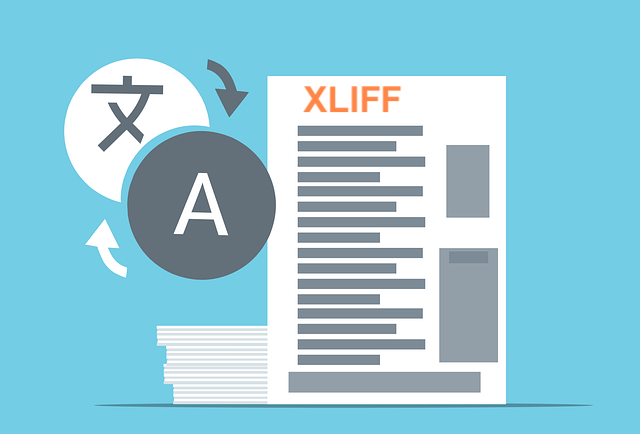
How to Translate XLIFF Files Online Successfully (2025)
Need to translate XLIFF files online? Learn why Pairaphrase is the best way to translate an XLIFF file.

Best Japanese to English Document Translation Software (2024)
Looking for Japanese to English translation software, but not sure what features you need? Access this buying guide.

How to Translate SRT Files Effectively [2024]
Learn how to translate SRT files in 2022! Explore the reasons Pairaphrase is the best way to translate an SRT file effectively.

Best English to Japanese Document Translation Software (2024)
Looking for English to Japanese translation software, but not sure what features you need? Access this buying guide.

Brochure Translation Software Features to Look for
Need brochure translation? Look for these 10 top brochure translator features (before you buy).

Best Way to Translate Articulate Course Files
Need to translate Articulate course files? Learn why Pairaphrase is the best way to translate Articulate files (XLIFF 2.0).

Best Way to Translate Multiple Files Simultaneously Online [2024]
Need to translate multiple files simultaneously online? Learn why Pairaphrase is best for batch translation.
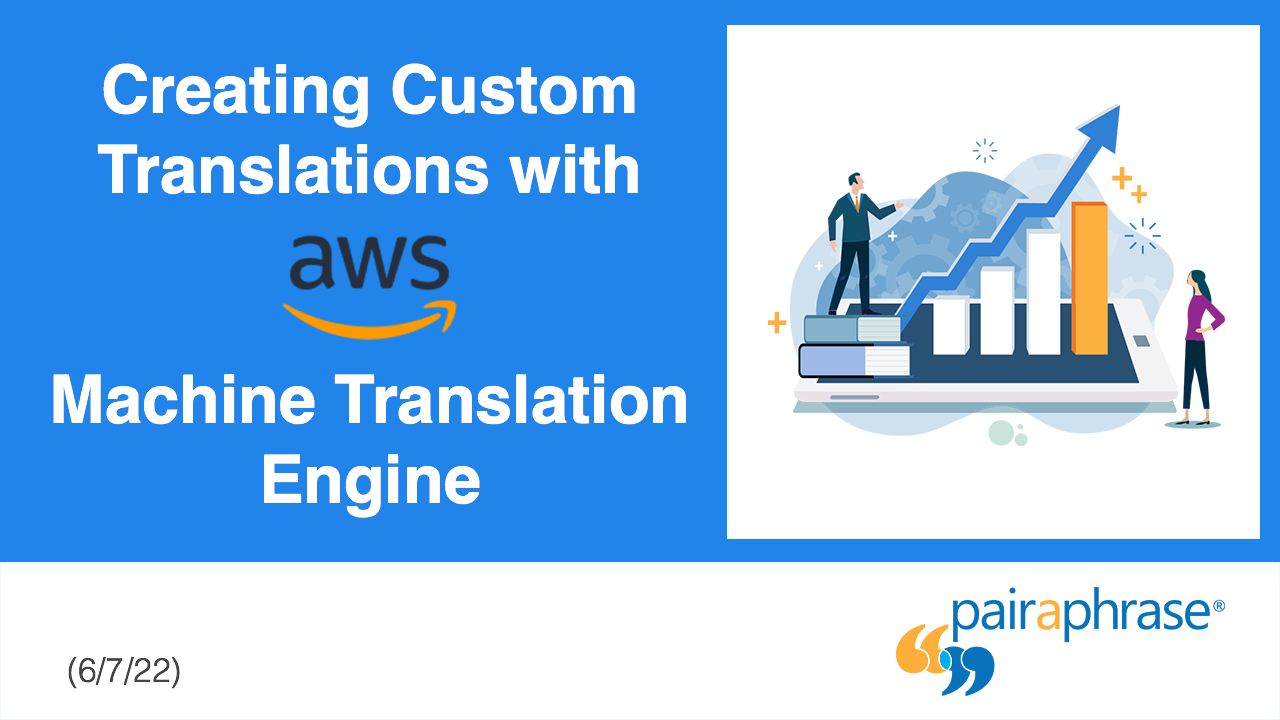
Using Pairaphrase Translation Software with Amazon Translate
Curious about translating with Amazon Translate (AWS)? Learn about using Amazon’s machine translation engine with Pairaphrase.

Best English to Hindi Document Translation Software (2024)
Looking for English to Hindi translation software, but not sure what features you need? Access this buying guide.

How to Translate Large Files with Ease [2024]
Need to translate large files? Learn about the best tools to use when translating large PDF’s, documents & more (10MB+).

Catalog Translation Software Features to Look for
Need catalog translation? Look for these 10 top catalog translator features (before you buy).

Best English to Vietnamese Document Translation Software (2024)
Looking for English to Vietnamese translation software, but not sure what features you need? Access this buying guide.

How to Create Effective Termbase Glossaries for Machine Translation
Need to create a termbase glossary? Get our top 5 tips for creating effective termbase glossaries for machine translation.

Best English to Korean Document Translation Software (2024)
Looking for English to Korean translation software, but not sure what features you need? Access this buying guide.

Best DeepL Alternative for Enterprise Teams (2024)
Explore various DeepL drawbacks and user-specific needs you might identify with. This way, you can conclude whether alternatives to DeepL could fill these gaps.
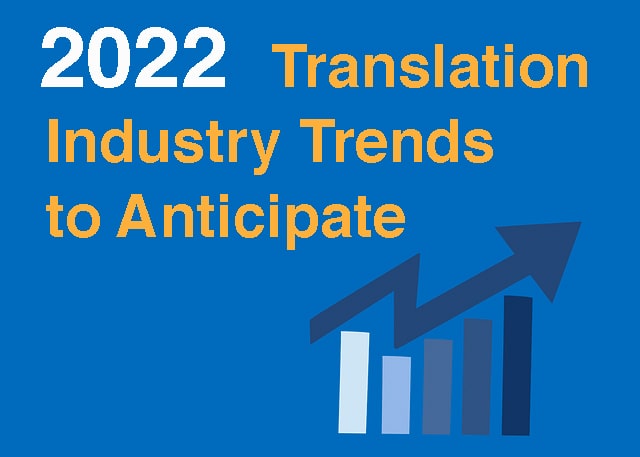
Top 10 Translation Industry Trends in 2022
Explore 2022 translation industry trends! Learn about 10 translation industry trends 2022 will bring, according to our predictions »
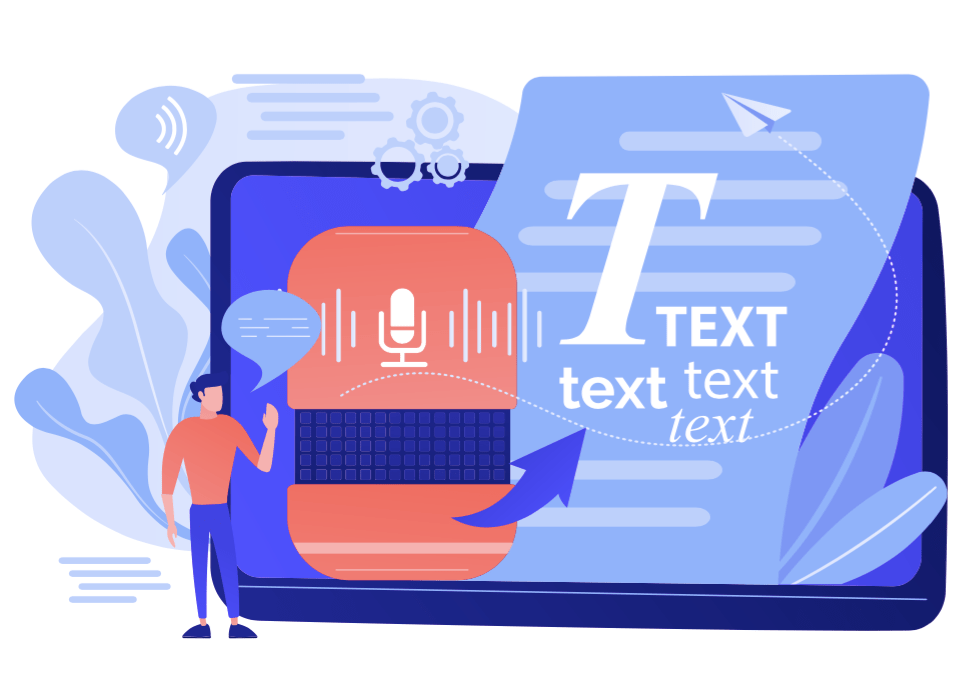
Secure Transcription Software That Translates Languages
Need secure transcription software that translates languages? Learn what features to look for and how Pairaphrase will benefit you.

Best English to Portuguese Document Translation Software (2024)
Looking for English to Portuguese translation software, but not sure what features you need? Access this buying guide.
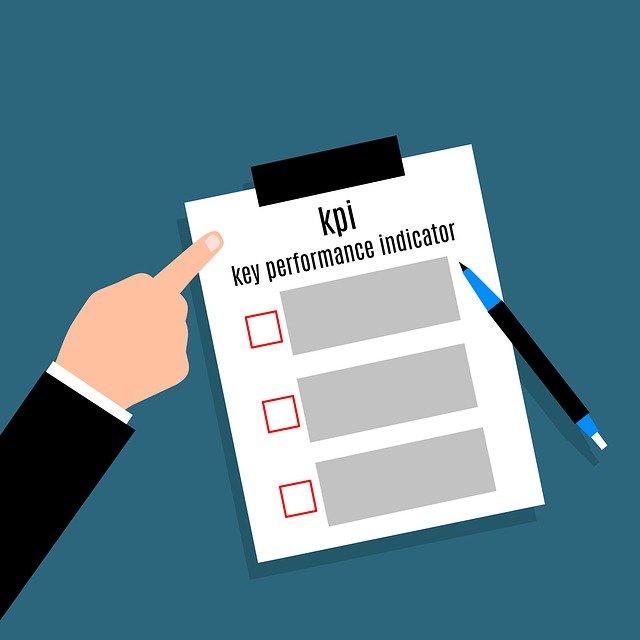
Translation KPIs for Translation Management Success
Establishing translation KPIs (Key Performance Indicators)? Here are the 5 Most Important KPIs for translation management success.
